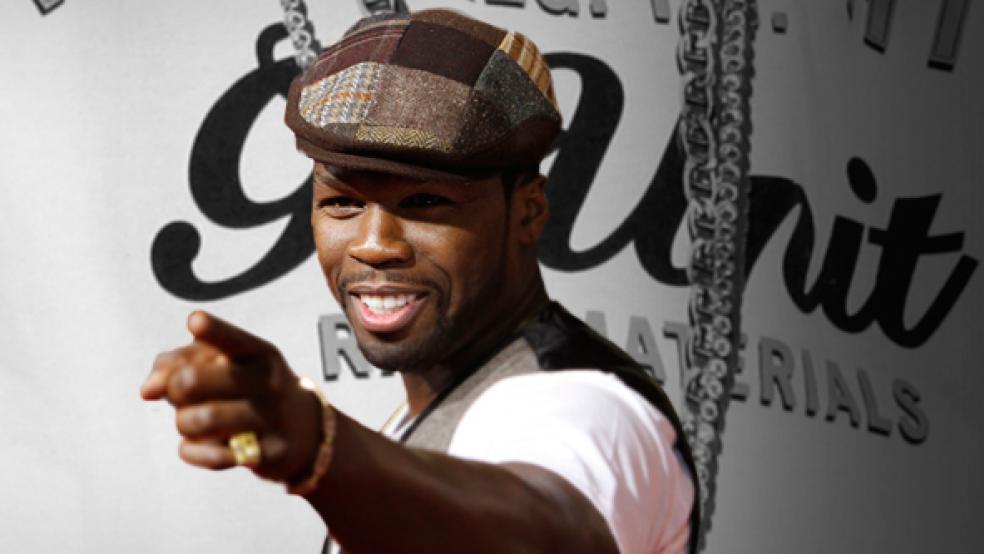For ex-offenders, finding a job remains the biggest challenge to returning to society. A 2003 study by Princeton University researcher Devah Pager in Milwaukee found that a criminal record cut someone’s chance of getting a call back from a prospective employer by nearly a half.
To avoid the prison record stigma, many offenders have chosen to branch out on their own. Here are seven who have launched successful businesses after spending time behind bars.
1. Adrienne Smalls served time from 1989 to 1991 in New York’s Westchester County Jail for hitting a policeman. From 1993 to 1998, she regularly took the bus from New York City to visit her son, who was jailed on a drug offense upstate. That provided the idea for her business – getting on the buses that took family members to visit their imprisoned loved ones to sell them what they needed: everything from Tylenol and pillows to toothpaste and soap. To start out, Smalls got $500 from her family and then, in 1998, she obtained a loan from a local development corporation that funded small businesses (she paid back the loan promptly, according to The New York Times). Today her business, Prisonhelp, is going strong, and when not outfitting upstate visitors for trips, she advises ex-cons on employment, legal and other reintegration issues.
2. Vickie Stringer served a seven-year sentence in Texas for drug trafficking. While there, she wrote a fictionalized autobiography, Let That Be the Reason. After her manuscript was rejected by 26 publishers, she pulled together $2,500 from friends and family to self-publish the book, selling a thousand copies out of the trunk of her car in the first week. When a small publisher gave her a $50,000 advance to release the book, she launched Triple Crown Publications in 2002 to help other urban fiction writers get published. The company carries at least 96 titles and has revenues of between $2.5 and $5 million, according to manta.com.
3. Augustus Turner of Cleveland, Ohio, spent almost 10 years behind bars after being busted on drug trafficking charges. While in prison, he had a lot of time to think about his dream of creating art. After getting out, he started Masterpieces, an art studio, tattoo shop and silk-screening business on Cleveland’s west side – and it’s been going strong for more than 11 years. “What I learned from the streets is how to hustle,” Turner told The Plain-Dealer in 2010. “You can dream. You can pray. It all starts there. But you have to actively make it happen.”
4. Curtis Jackson, born in Queens New York, and orphaned at age 12, started dealing crack and spent seven months in a juvenile boot camp on gun and weapons charges. After renaming himself “50 Cent,” he began writing and performing rap songs, landing a deal with Columbia Records in 1999. Since then, he’s released five albums, appeared in multiple films, launched a line of clothing and landed a multimillion-dollar deal with Coca-Cola for his vitamin water, Formula 50.
5. Anthony DiVincenzo of Hinckley, Ohio, lost his home and his autobody business in 2005 when he was arrested after an all-night cocaine party. He served three years, but when he got out he couldn’t find a job – and not because he wasn’t qualified. “I have a lot of experience, so I was offered $50,000 a couple times from auto dealerships, but as soon as they found out I had a felony, they couldn't walk me out the door fast enough,” he told The Plain-Dealer. So in 2008, he started another autobody shop called J.C. Auto Body LLC, before moving into a sales job at a high-end car dealership last year.
6. Dave Dahl, a former drug dealer, spent more than 15 years in prison. After his release in 2005, he experienced a turnaround, left drugs behind, and went to work in his father's bakery. While there, he developed his own line of breads. Today, Dave’s Killer Bread, based outside Portland, Oregon, sells in health-food and grocery stores across the northwest and has revived the family business.
7. Cedric Hornbuckle served eight years in Texas for drug dealing when he was accepted into the Houston-based Prison Entrepreneurship Program. After going through PEP’s rigorous training program, in 2008 he founded a moving company, Moved by Love. “I always had the [entrepreneurial] mindset; it was just that I used it in bad ways,” he told Portfolio last year. “I knew all about profit margins and managing people; it’s just [that] what I did was illegal.”





